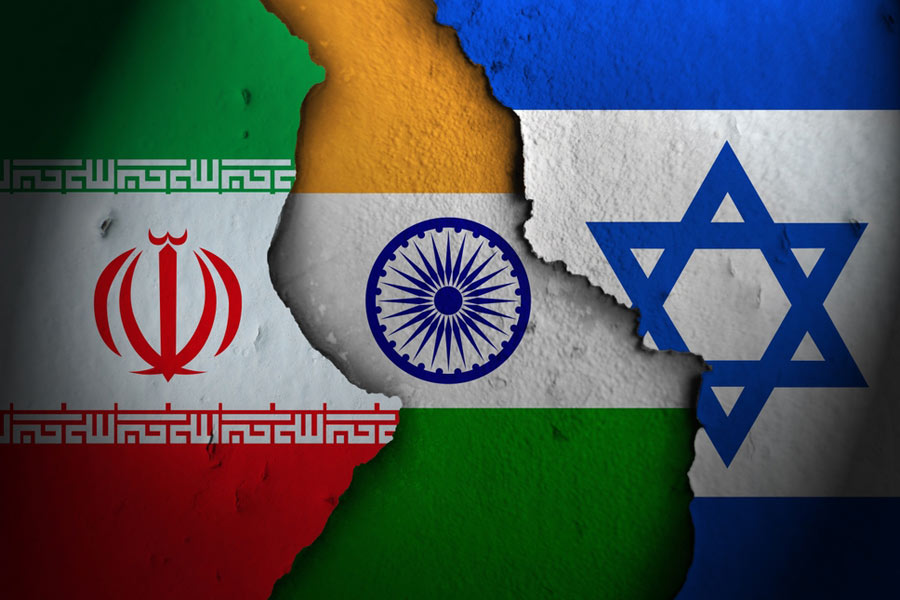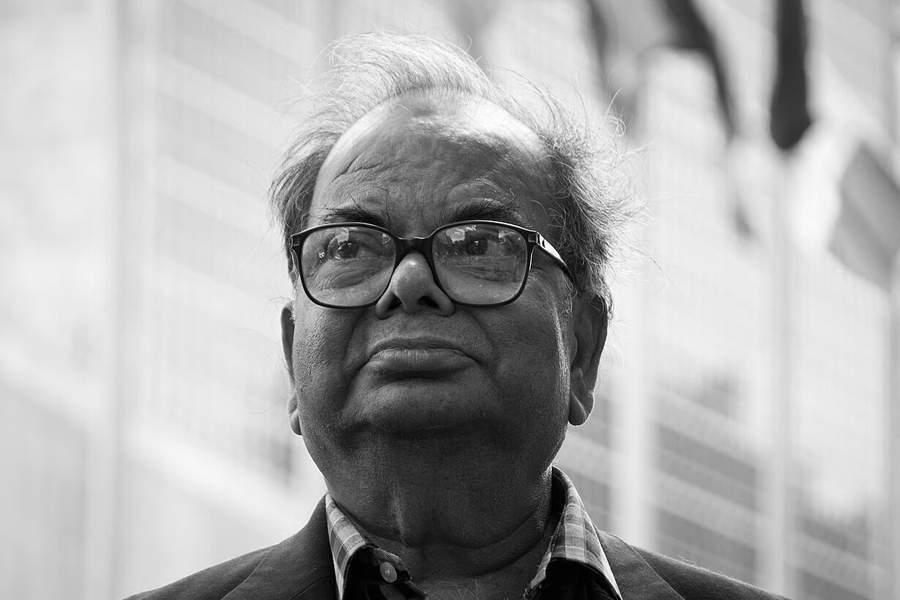As Israel and Iran continue to exchange missile strikes, targeting not only military and strategic infrastructure but also residential buildings, the world is on edge. These are the Middle East’s two most powerful militaries and neither appears willing to back down. If their conflict intensifies, the impact will be felt around the world — including in India. Already, the fighting has spooked oil and stock markets. Financial analysts predict that a full-fledged war could make things a lot worse, especially since two other devastating wars, in Gaza and in Ukraine, are already putting pressure on international diplomacy and stretching the global economy to its limits. India has strong strategic ties with both Israel and Iran and, yet, will face pressure to choose between them. That pressure will be much more intense than the calls India faced from the West to condemn Russia over its war on Ukraine because the stakes for New Delhi, too, are much higher. Kyiv never expected New Delhi to support it against India’s traditional friend, Russia. Iran and Israel will both demand neutrality, at the very least, from India.
India’s broader geopolitical positioning on the conflict is also already being tested. Last week, it was an outlier in the Shanghai Cooperation Organisation as it distanced itself from the bloc’s statement condemning Israel’s attack on Iran, also a member of the SCO. A similar situation may well arise next month in Brazil at the BRICS Summit: Iran became a member of that grouping last year. New Delhi cannot afford to appear isolated from major bodies it is a part of; nor can it stay divorced from broader sentiments in the Global South. At the same time, India will not want to alienate Israel — a major security partner — and its closest ally, the United States of America. There are economic concerns as well. A war could sink the billions of dollars in investment that India has made to develop the Chabahar port in Iran. Rising oil prices will mean increased inflation, which will hit ordinary Indians. If Iran decides to close the Strait of Hormuz — a real threat if the conflict escalates — India’s energy security could come under threat: India imports 40% of its oil from the Middle East and all of it passes through the Strait of Hormuz. New Delhi will also need to evacuate thousands of students stranded currently in Iran. Juggling these diplomatic, economic and humanitarian challenges will test even India’s highly-skilled foreign service corps.










